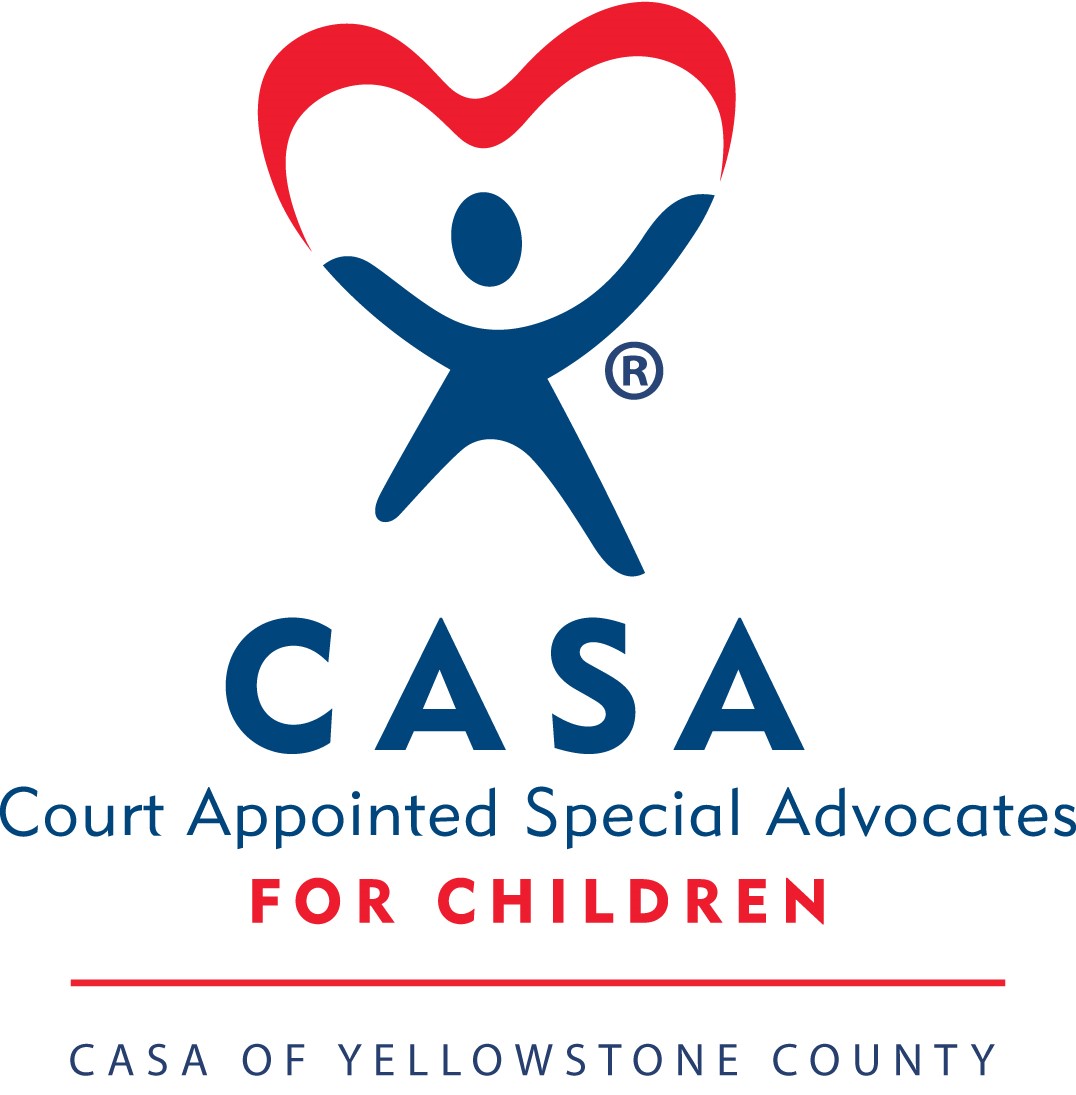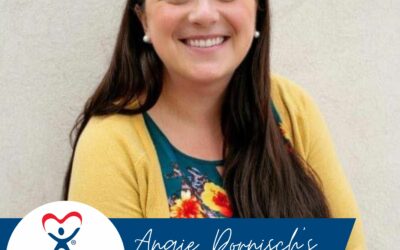Last year, I was given a wonderful opportunity to intern at another local non-profit, within the organization’s sober living home. I had never truly had any experience working with people in recovery, and while it was extremely difficult on occasion, it was also equally rewarding. One of the most rewarding and influential aspects of the position was that I lived in the neighborhood alongside those I was working with. Their problems were my problems. Their wins were my wins. The things that impacted their community, impacted my community because it was our shared experience. It is imperative to me that I live around the people I am working with, so that I can truly understand what people are living through. Though, as you might imagine, there are some really ugly, discouraging, and terrible things that can happen, and second-hand trauma is just around the corner. But we are not without hope!
There is one experience of second-hand trauma that will likely stand out above the rest for years to come. I will refrain from sharing most of the details of that day, however, there are parts that are important to explain. This particular day was special because it was my first time going to court for my first CASA case. I was feeling all kinds of nerves, but still so excited to experience this first courthouse visit. While in court I was shocked to see someone I knew from my childhood, but they were not there for the same reason I was. Seeing this person was a major shock to my system. I left the courthouse, again, feeling very strong emotions, but I was not so excited anymore. This experience and what I’d heard in court stayed with me for the rest of the afternoon.
Later that evening, while at dinner with friends, we received a distressed phone call. One of the kids who lived in our neighborhood had been missing all day and his grandma was starting to get more and more worried. We left our dinner to go help the family search for their missing child. That alone is enough to cause stress for everyone involved, but I was feeling increasingly more emotionally exhausted as the day wore on. And then, the thing that sent me over the edge happened. Just half a block up the road from where our search party had stopped to regroup, a fight broke out between four teenaged people. It was gut wrenching and terrifying. Possibly the worst part is that we, a group of six adults, were all too stunned to move. After far too long the fight stopped but not before a brutal beating happened. Someone in our group called the police while it was happening, but they did not respond until all those involved were long gone. After seeing that, I was officially burned out. I needed to go home and get the images from that day out of my head.
a fight broke out between four teenaged people. It was gut wrenching and terrifying. Possibly the worst part is that we, a group of six adults, were all too stunned to move. After far too long the fight stopped but not before a brutal beating happened. Someone in our group called the police while it was happening, but they did not respond until all those involved were long gone. After seeing that, I was officially burned out. I needed to go home and get the images from that day out of my head.
As a consequence of the events of the day, the second-hand trauma had fully set in, and my night was as stressful and nightmarish as the day was. The next morning came early and the entire day I was in a deep fog, still feeling troubled from the day before. I did not seek immediate help or counsel, which in hindsight was the kind of intervention I so badly needed. For the next two weeks I had consistent nightmares, was extremely lethargic, unmotivated at work, and not at all myself. I was anxious and scared that something else traumatic might happen and further push me down. Yet, I did not know how to prevent that or start to mend. I was reeling from the second-hand trauma and because I did not have a self-care plan in place, I was having a very difficult time coping. Finally, after those two incredibly confusing and tense weeks, I went to see a therapist for something completely unrelated, but our time quickly devolved into me sharing what was so fresh on my mind and the cause of my mental fog for the previous two weeks. Sharing with her was thoroughly restoring. Being heard, validated, and finally able to feel my emotions was what I had needed for the last two weeks. I have since realized that sharing what I am feeling with someone involved is the first step of my self-care plan.
Now I am sharing this as a cautionary tale. I did not know I needed a self-care plan until it was time to use one. At CASA, we are witnesses to some of the most intense emotional and physical trauma people can experience. We may not see the trauma happen, but we can experience the aftermath and the result of that is second-hand trauma which cannot go unchallenged. Creating a self-care plan early and implementing it as needed is critical to our success and longevity as Advocates for those in our community. CASA staff and the Program have numerous resources on the topic, and we are more than happy to help mitigate the stressors of advocacy. Having a plan is part of a volunteer’s overall health, that cannot be overlooked or overstated. Reaching out to CASA staff for support is the first step and we are delighted to take that step with you. It is never too early for a self-care plan.
Alyssa Guerrero is a Program Coordinator with a focus on poverty and food insecurity at CASA of Yellowstone County. She also serves as a volunteer Advocate.
Compassion Resilience Tool Kit
Compassion Satisfaction and Fatigue Test, found on page 22
Mindful Self-Compassion Exercises






